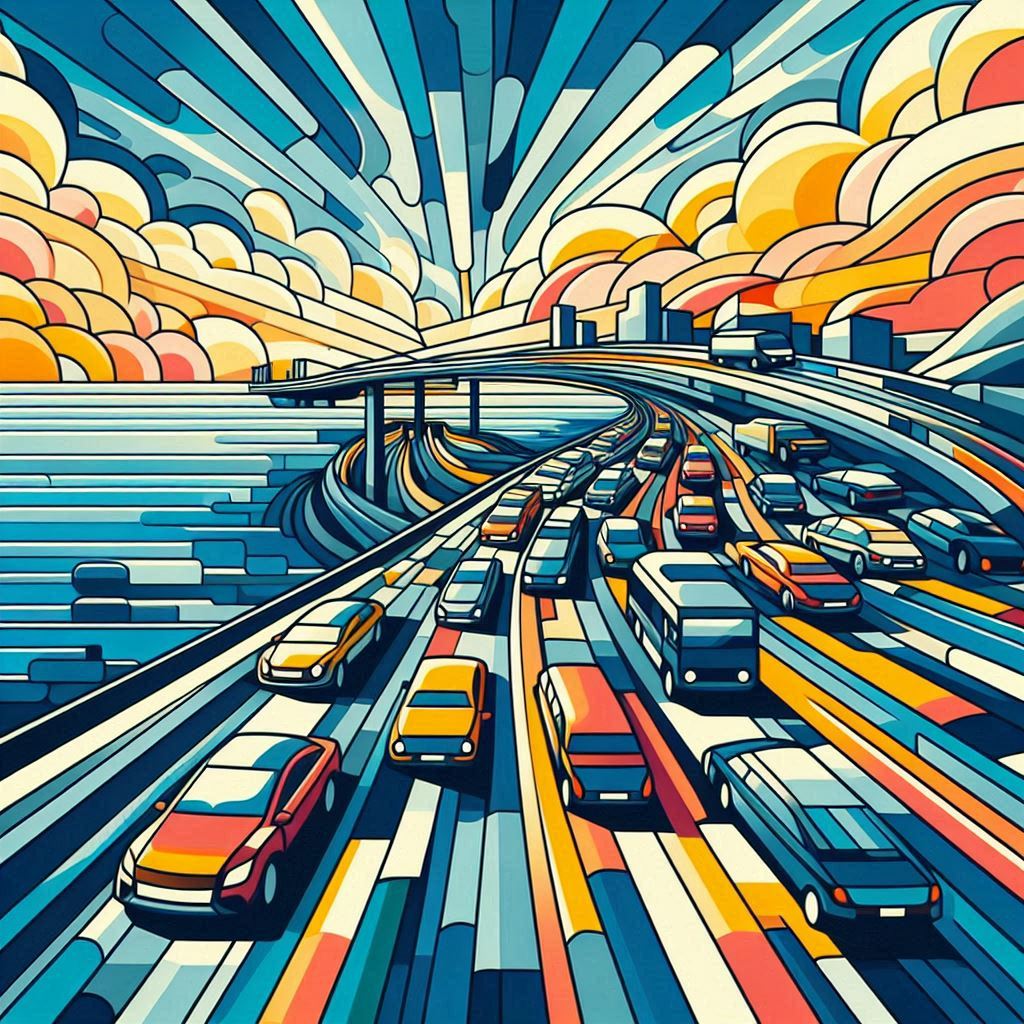Imagine globalization as a giant highway connecting countries for trade. Cars (products) zoom back and forth, bringing all sorts of goods to different places. Trade tariffs are like speed bumps on this highway. They slow things down and make the ride less smooth.
What are trade tariffs?
A trade tariff is basically a tax a country puts on imported goods. It makes those goods more expensive, just like a toll booth on a highway. There are two main reasons why countries use tariffs:
- Protect domestic industries: By making imports more expensive, tariffs encourage people to buy local products instead. This can be helpful for new or struggling industries in a country.
- Raise revenue: The government collects money from tariffs, which can be used for things like building roads and schools.
How do tariffs affect globalization?
Tariffs make international trade less efficient. Here’s how:
- Higher prices: Tariffs raise the price of imported goods. This hurts consumers, who have to pay more, and businesses, who might use imported materials to make their products.
- Less competition: Tariffs make it harder for foreign companies to compete in a country. This can lead to less innovation and fewer choices for consumers.
- Trade wars: If one country puts tariffs on another country’s goods, that country might retaliate with tariffs of its own. This can lead to a “trade war” that hurts economies on both sides.
Are tariffs always bad?
Not necessarily. In some cases, tariffs can be a temporary measure to help a young industry get on its feet. However, in the long run, free trade (without tariffs) is generally considered better for economic growth.
The bumpy road ahead
The use of trade tariffs has been on the rise in recent years. This has some people worried that globalization might be slowing down. International organizations like the World Trade Organization (WTO) work to reduce trade barriers and promote free trade.
So, what does this mean for the future?
It’s hard to say for sure. Globalization has brought many benefits, but it also has its challenges. Whether we see more or fewer trade tariffs in the future will likely depend on how countries decide to balance these competing forces.
#curiousminds
